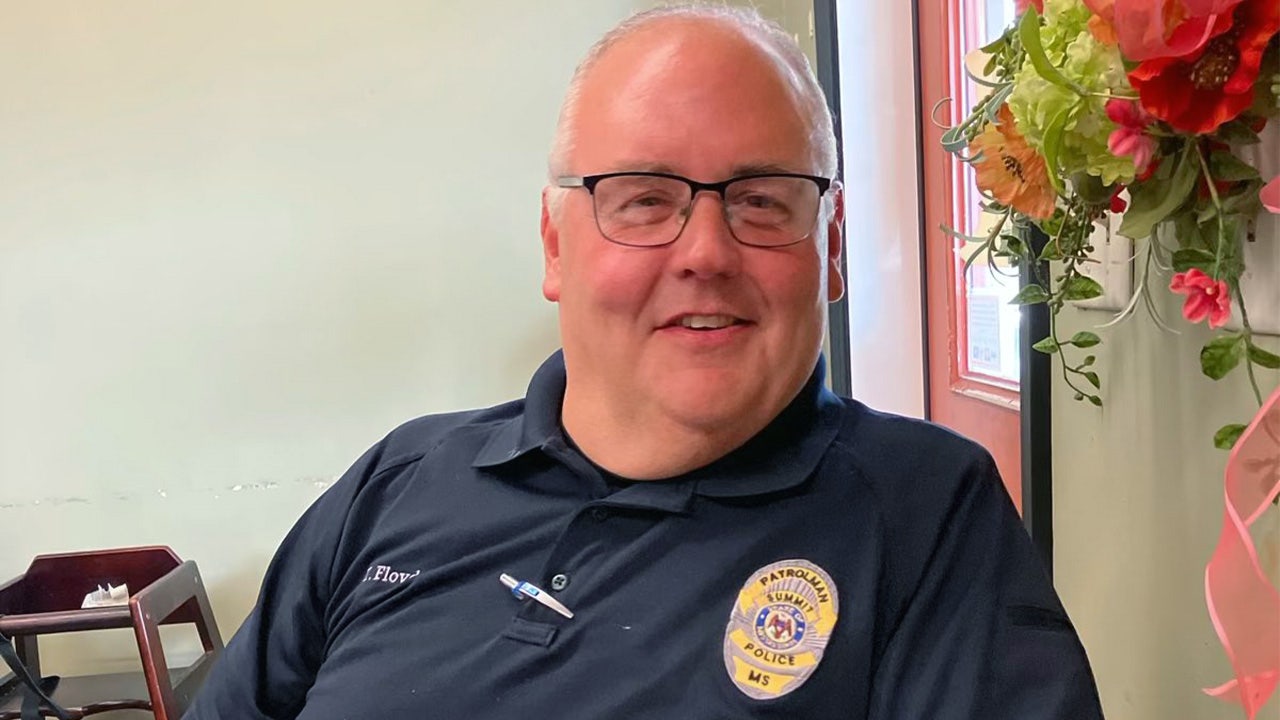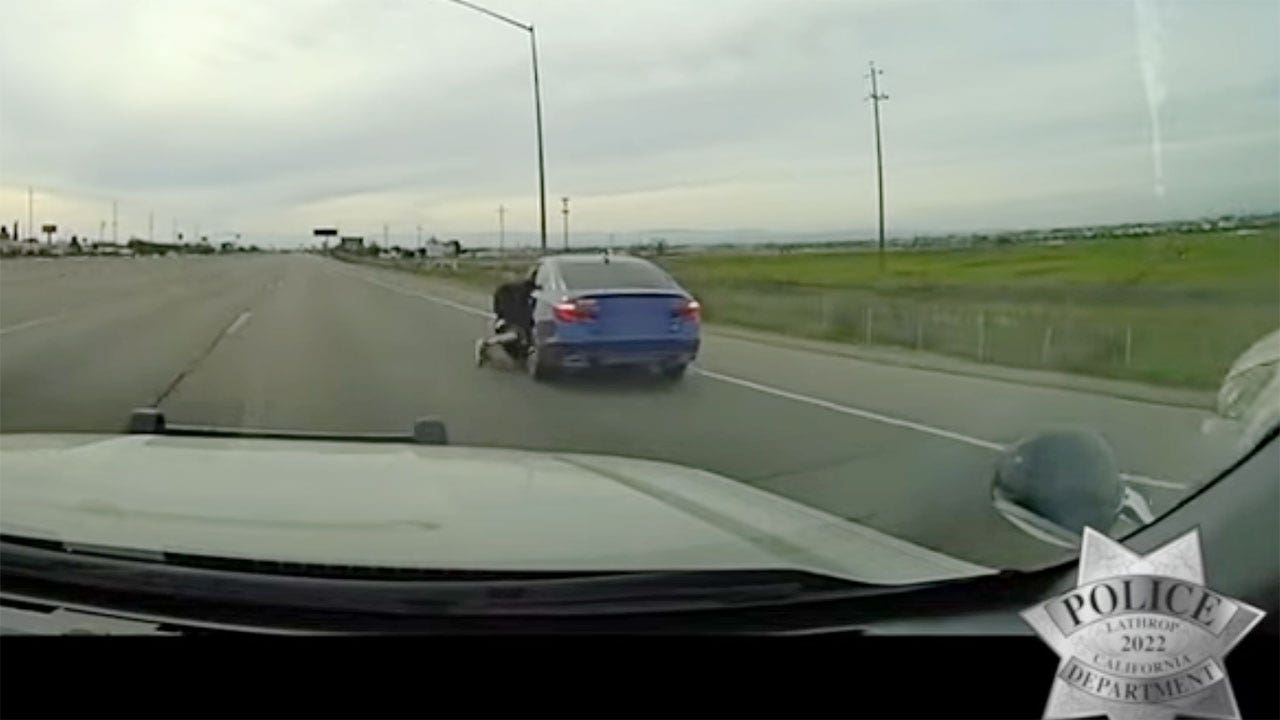But the question also exposes a lack of self-awareness on the political left. After all, many liberals vote against their economic interests, too. The country’s wealthiest suburbs, as well as vacation spots like the Hamptons, generally vote Democratic despite the party’s belief in taxing the rich.
These patterns are a reminder that Americans, across ideological groups, care about more than just economic policy — and voting on these other beliefs is not irrational. Climate change, for instance, matters enormously. So do abortion, guns, crime, education, immigration and foreign policy.
‘Meet the conservative’
Robert Kennedy understood this reality better than many other Democrats.
Today, Kennedy is remembered as a progressive hero. No wonder: His economic policy was so populist that C.E.O.s disliked him more than any presidential candidate since F.D.R., as Fortune magazine wrote during the 1968 campaign. Kennedy also emphasized civil rights even when speaking to white audiences. A poll found him to be the most popular white politician among Black Americans.
But Kennedy believed that it was madness to tell voters to ignore social issues and focus only on economic ones. His main rival during the 1968 primaries, Eugene McCarthy, tried to do exactly this on the biggest social issue at the time. In the 1960s, crime was rising sharply, yet McCarthy avoided the topic. He refused to use the phrase “law and order,” because he considered it a racist dog whistle.
Kennedy took the opposite approach. He ran as the law-and-order Democrat, knowing that both Black and white voters worried about crime. He described himself as having been “the chief law enforcement officer of the United States” (as attorney general), and an aide joked that he sometimes seemed to be running for sheriff. If Democrats wouldn’t talk about crime, Kennedy believed, crime-wary voters would abandon them for Richard Nixon, the Republican nominee in 1968, or George Wallace, the segregationist running as an independent.






